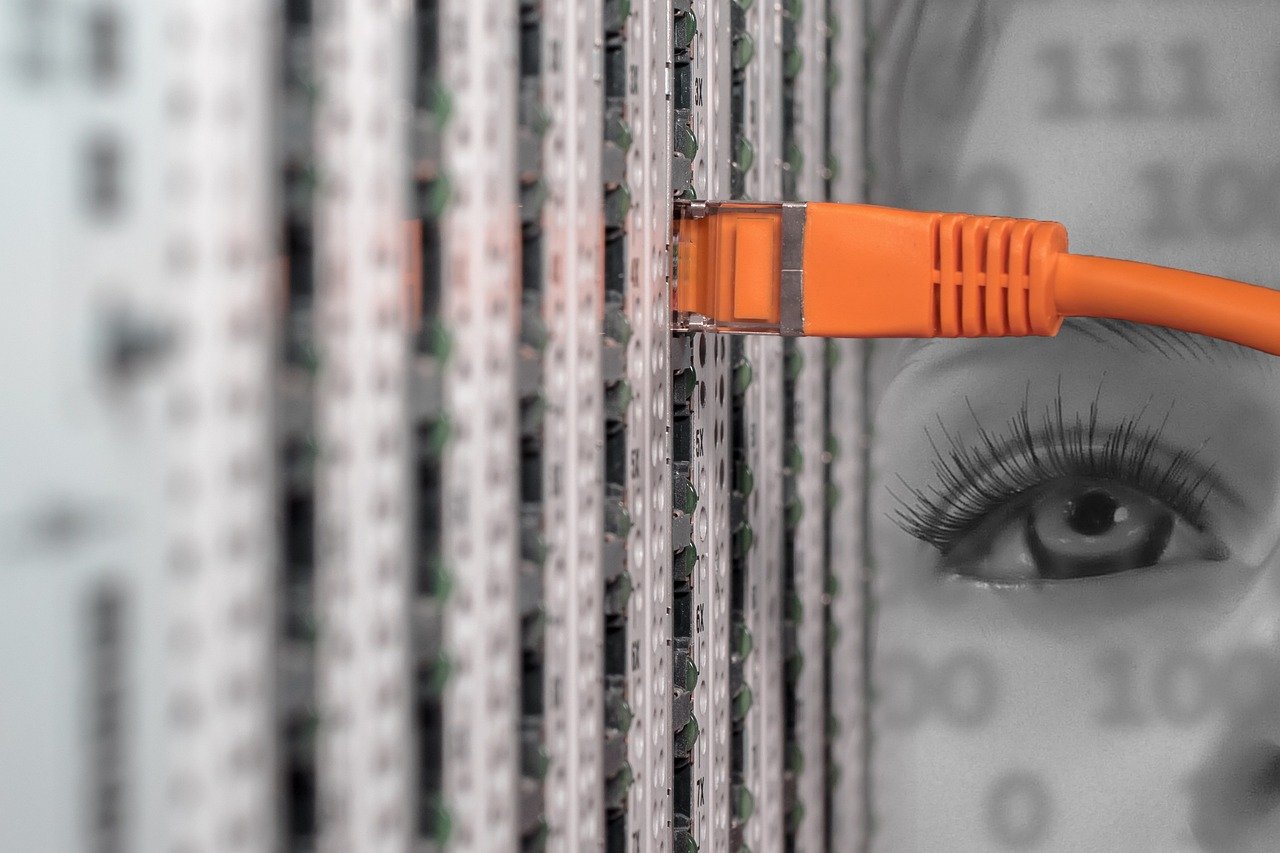In the world of software and network development, understanding IP addresses is essential. These numeric labels play a critical role in enabling devices to communicate over the internet and other networks. One particular IP address often encountered by IT professionals, network administrators, and software developers is 127.0.0.1. However, when combined with a port number like 62893, it can seem daunting. This blog post aims to demystify these elements and provide a comprehensive understanding of how IP addresses work, particularly focusing on 127.0.0.1 and 127.0.0.1:62893.
Understanding IP Addresses
What is an IP Address?
An IP address, or Internet Protocol address, is a unique identifier for a device on a network. It’s akin to your home address but for your computer or smartphone. Just as a postman uses your home address to deliver your mail, data packets use IP addresses to reach their intended destination across the web. These addresses are integral to network development and software navigation as they ensure data is directed correctly between devices.
IPv4 and IPv6 Addressing Systems
IP addresses come in two versions – IPv4 and IPv6. IPv4 uses a 32-bit address scheme, which provides over 4 billion unique addresses. This may seem substantial, but with the explosion of internet-connected devices, IPv4 addresses are running out. Enter IPv6, the newer version, which uses a 128-bit system. This allows for an almost infinite number of unique addresses, ensuring there’s plenty of space for future growth in network development.
The Significance of IP Addresses in Networking
In networking, IP addresses are vital. They allow devices to locate each other and exchange information, making them the backbone of internet communications. Without IP addresses, your computer wouldn’t know how to send an email, stream a video, or browse the web. Understanding these basics is crucial for anyone involved in software navigation and network development.
Deconstructing 127.0.0.1 and 127.0.0.1:62893
Breaking Down the Components of 127.0.0.1
The IP address 127.0.0.1 is a special one. Known as the “localhost,” it refers to your machine’s loopback interface. When you connect to 127.0.0.1, you’re essentially talking to yourself. This address is used for testing and network development without the need to access external networks. It’s like having a conversation with yourself, enabling software developers to test applications on their machines without affecting live environments.
Understanding the Concept of “Localhost”
“Localhost” is a term that refers to the local machine you’re using. It’s synonymous with 127.0.0.1 and is used for testing software applications. By directing traffic to localhost, developers can simulate network interactions without the risk of external interference. This is invaluable in network development, allowing for safer, more controlled testing environments.
Exploring the Port Number 62893
When 127.0.0.1 is paired with a port number, like 62893, it specifies a particular process or service on the local machine. Ports are like channels on a TV, each dedicated to a specific application or service. Using 127.0.0.1:62893 means you’re accessing a service running on port 62893 of your local device. This is common in software navigation, where developers test specific applications within their development environment.
Practical Applications
Real-World Scenarios with 127.0.0.1
In practical terms, 127.0.0.1 is used extensively for local testing. Developers might run a web server on 127.0.0.1 to develop a website locally, ensuring everything works as expected before deploying it live. It’s also used in troubleshooting, allowing IT professionals to diagnose issues without involving external networks. This isolation is crucial for effective network development.
Improving Software Navigation with IP Understanding
Understanding IP addresses like 127.0.0.1 can vastly improve software navigation. By knowing that this address refers to the local machine, developers can streamline their testing processes and troubleshoot issues more effectively. It also aids in configuring applications to communicate correctly within a development environment, enhancing overall efficiency.
Enhancing Development Processes
With a solid grasp of IP addresses, developers can enhance their workflow. They can set up virtual environments, run multiple applications simultaneously, and ensure data flows smoothly between software components. This knowledge is invaluable in network development, leading to more robust and reliable software solutions.
Best Practices and Tips
Efficiently Working with IP Addresses
To work efficiently with IP addresses, it’s important to keep things organized. Maintain a clear record of IP addresses used within your projects, and use descriptive labels to identify their purpose. This will make network development and software navigation more manageable and reduce the likelihood of errors.
Tips for Network Administrators
For network administrators, a strong understanding of IP addresses is essential. Regularly update and audit your IP address lists to ensure everything is current. Utilize subnetting to optimize your network’s performance and security. These practices will lead to smoother operations and improved network development.
Advice for Software Developers
Software developers can benefit greatly from understanding IP addresses. When developing applications, consider how IP addresses and ports will be used in production environments. This foresight will help avoid issues during deployment and ensure your software integrates seamlessly with network infrastructure.
YOU MAY ALSO LIKE
Unlock the Secrets of “06shj06” Digital Codes for Ultimate Success
Conclusion
In conclusion, IP addresses like 127.0.0.1 and 127.0.0.1:62893 are not as complex as they may initially seem. By understanding these concepts, IT professionals, network administrators, and software developers can enhance their skills in network development and software navigation. This knowledge opens doors to more efficient workflows, better troubleshooting, and improved software solutions. We encourage readers to explore these topics further and apply this understanding in their work to harness the full potential of IP addresses in their digital endeavors.
Frequently Asked Questions
- What is the purpose of an IP address?
IP addresses serve as unique identifiers that enable devices to locate and communicate with each other over a network.
- What does 127.0.0.1 mean?
127.0.0.1, also known as “localhost,” refers to the local machine and is used for testing and network development.
- What is the significance of port numbers?
Port numbers specify a particular process or service running on a device, allowing for organized communication within applications.
- How can IP addresses improve software development?
A solid understanding of IP addresses allows developers to test applications locally, troubleshoot effectively, and configure networks properly.
- Why is understanding IPv6 important?
As IPv4 addresses become scarce, transitioning to IPv6 ensures there are sufficient unique addresses for future internet growth.











